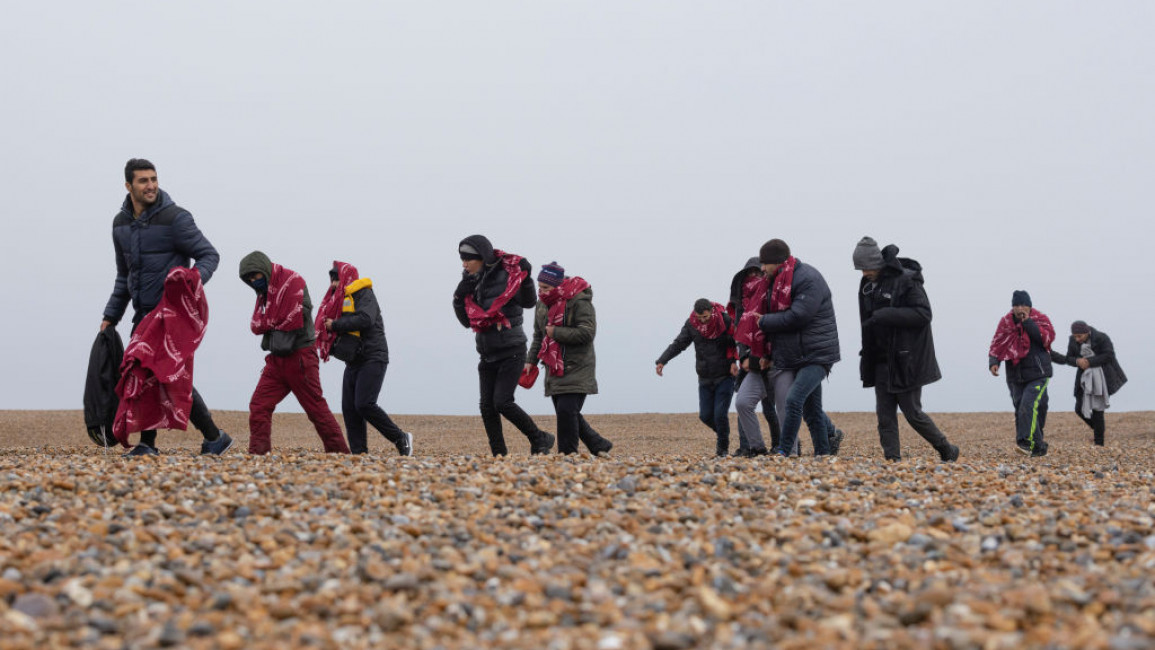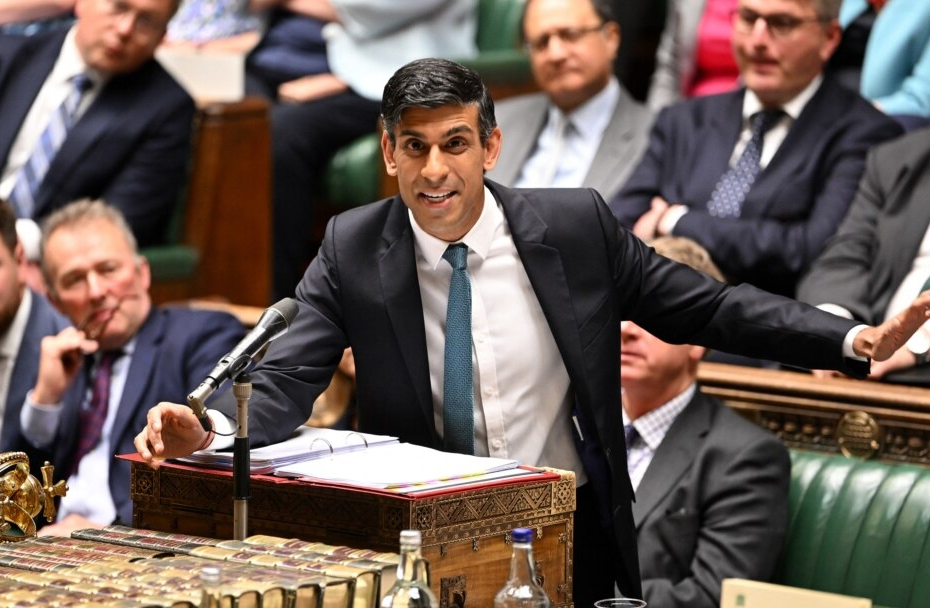The UK government’s contested proposal to relocate asylum seekers to Rwanda has been met with scepticism by a crucial parliamentary committee. The Joint Committee on Human Rights stresses that the plan fundamentally contradicts the UK’s human rights protections. It also cautions that the legislation might harm the UK’s global standing and denies asylum seekers the right to have their appeals evaluated by an independent court.
The Scheme in the Face of Supreme Court Ruling
The government’s initiative involves denying asylum claims from individuals crossing the English Channel and sending them to Rwanda instead. The Rwandan government has offered to examine their pleas for safeguarding. However, the UK Supreme Court has declared Rwanda an unsafe nation, indicating a probable risk of repatriation of abuse victims to their native lands, comprising those fleeing from torture or persecution. The committee finds it alarming that the government has gone against the Supreme Court’s assessment and intends to transfer people there. Read Also: Refugees in UK could be sent to Rwanda for asylum claims under new deal
Joint Committee on Human Rights Voices Concerns
The Joint Committee on Human Rights criticizes the bill for potentially denying the majority of asylum seekers the right to an independent court’s assessment of their case to remain in the UK. The committee reiterates that the principle of non-refoulement – the principle against returning individuals to a place where they face the risk of persecution, torture, or inhuman treatment – is a fundamental international law precept that the UK has sworn to uphold. It also calls into query the effectiveness of Rwanda’s human rights protections in practice.
This proposal has raised various issues and concerns, including the lack of transparency surrounding negotiations between the UK and Rwanda, the potential for exploitation of asylum seekers in Rwanda, and the impact on vulnerable individuals, such as unaccompanied minors. The committee urges the government to reconsider this approach and instead focus on improving its domestic asylum system.

Bill Facing Opposition and Criticism over Flaws
Opposition to the bill is considerable, with MPs divided over the scheme and the former immigration minister stepping down, asserting it would not succeed. Members of the House of Lords have proposed nearly 90 amendments to the bill, indicating its significant shortcomings. Even the government’s legal advisors have expressed concerns about the bill’s flaws. Critics also highlight the lack of details about the plan, including how much it will cost and how it aligns with existing international agreements. Read Also: 8 Longest-Serving African Leaders
Government’s Defence and Justifications
The Home Office stands by the contested plan, arguing that it presents a daring and novel solution to the global asylum seekers issue. They maintain that Rwanda is a safe nation committed to aiding refugees, currently hosting over 135,000 asylum seekers. The government is confident that the bill and the allied treaty are the optimal means to begin flights to Rwanda and assist asylum seekers in rebuilding their lives. They also assert that the scheme only applies to a small number of people who have already exhausted all legal avenues in their asylum claims.
Reputational Risks and Cost Projections
The SNP MP who leads the Joint Committee on Human Rights cautions that the bill might tarnish the UK’s reputation for upholding human rights and that no revisions can redeem it. Despite the Prime Minister’s commitment to “stop the boats,” public documents indicate that the Home Office expects to spend a whopping £700m on arrivals by 2030. The committee is also apprehensive about the bill’s potential for violating human rights protections and the possibility that it will attract legal challenges that might further escalate costs.
Bottom Line
Crucial parliamentary committees and others widely criticize and oppose the proposal to relocate asylum seekers to Rwanda. The bill’s opponents highlight its potential flaws in denying individuals their right to an independent court assessment and concerns about Rwanda’s human rights protections. The government defends the bill, citing Rwanda’s commitment to aiding refugees and asserting that it will only apply to a few individuals. However, the proposed plan has raised concerns about its impact on the UK’s reputation and possible high costs in dealing with asylum seekers.



